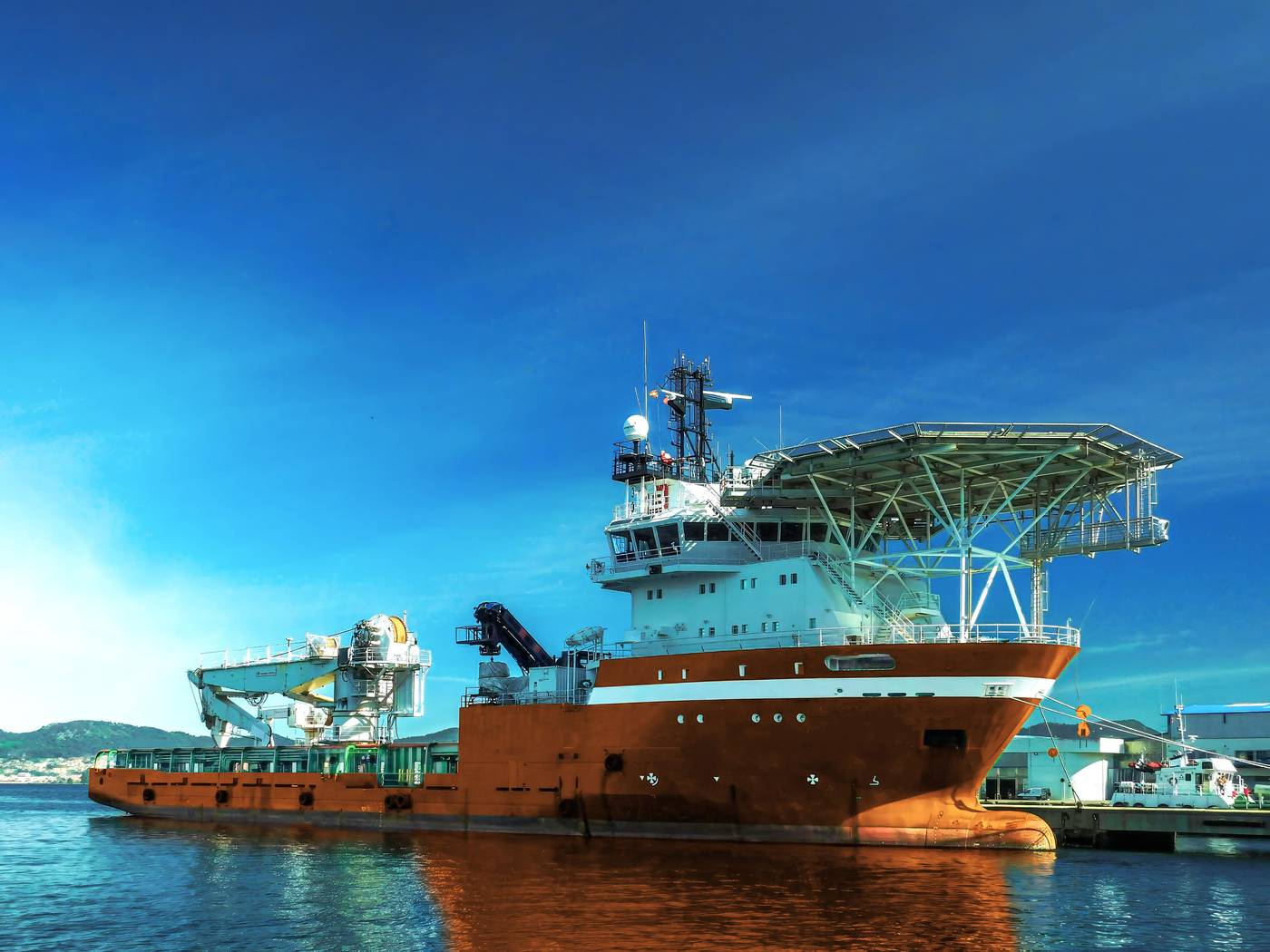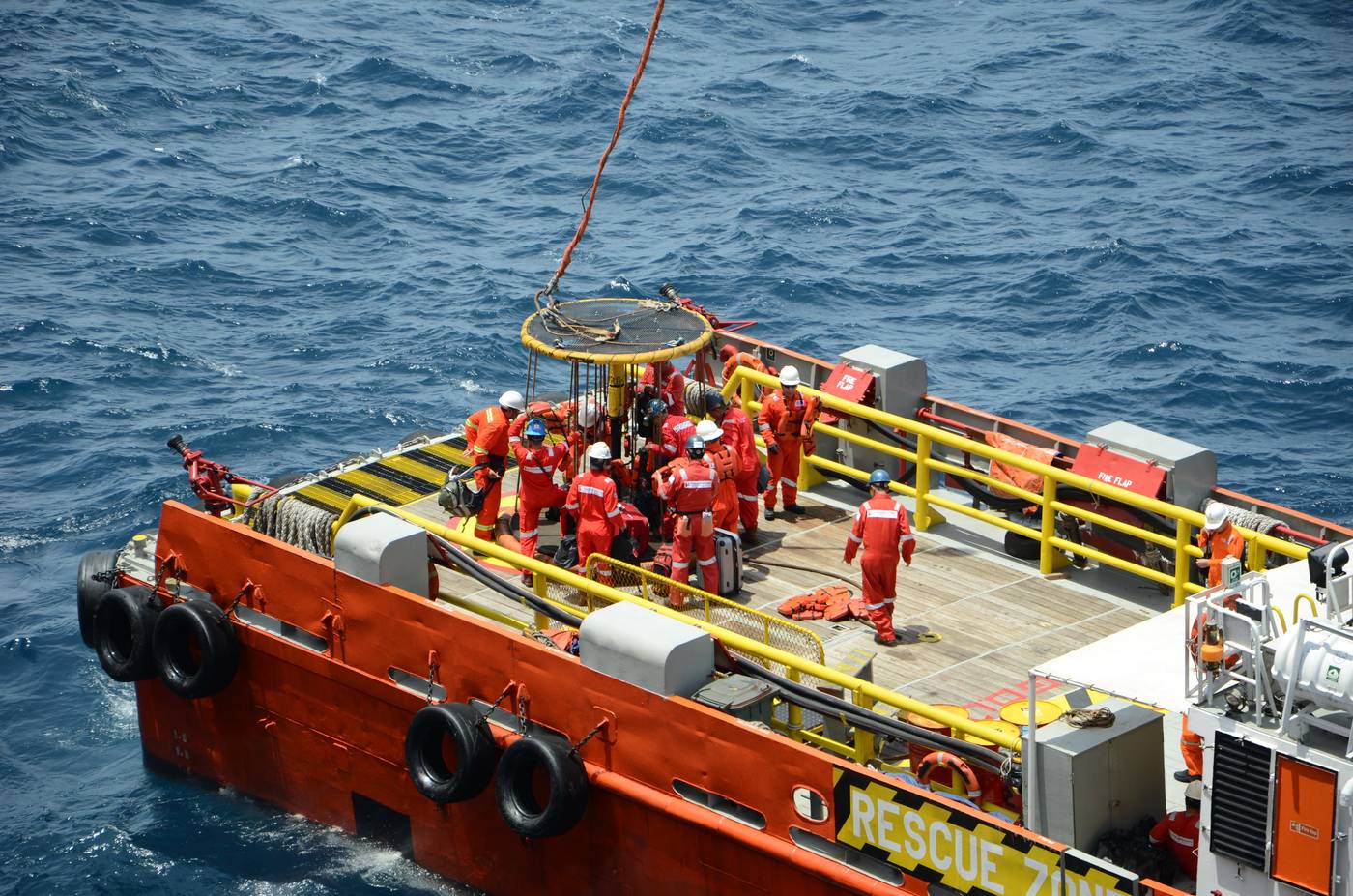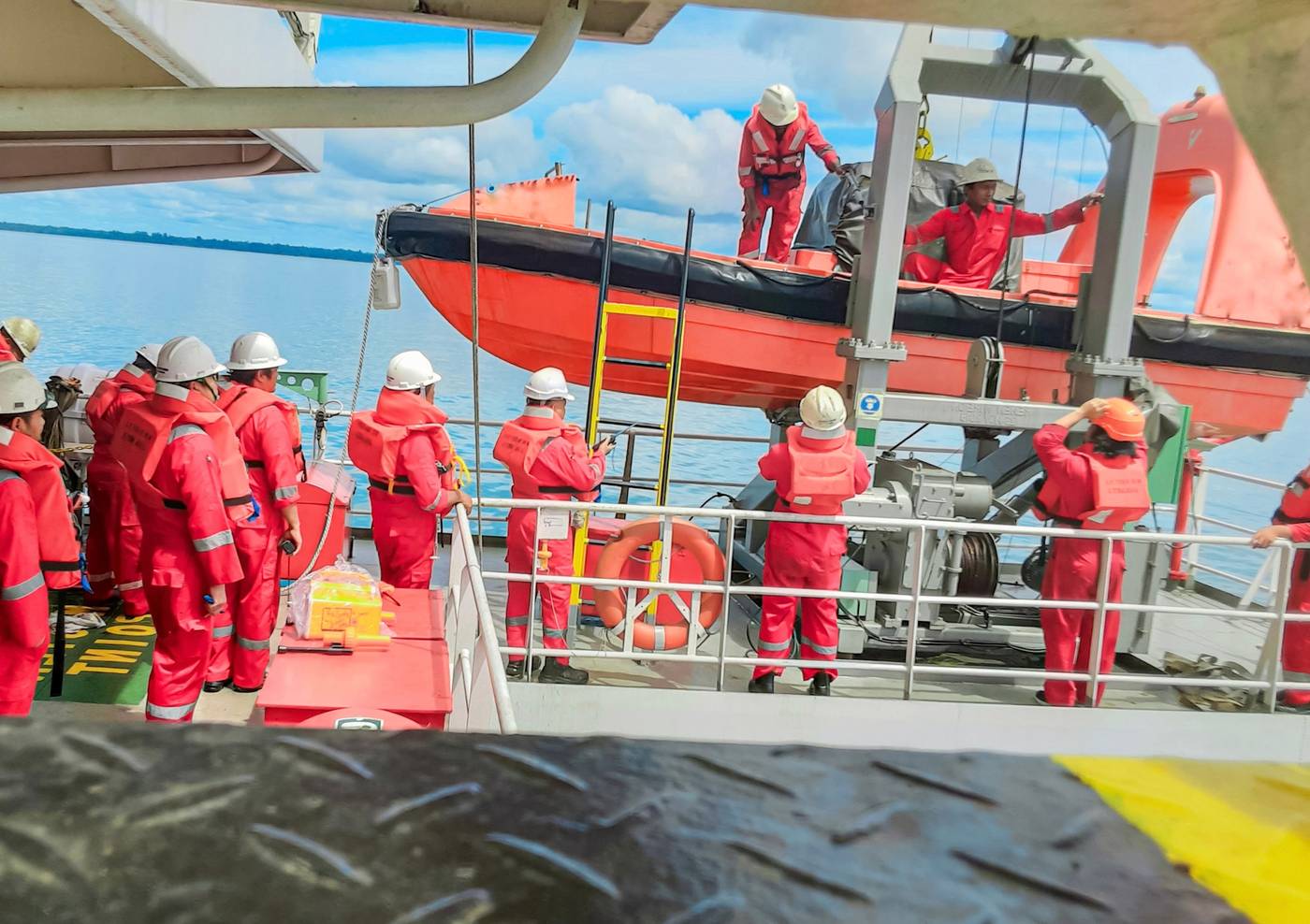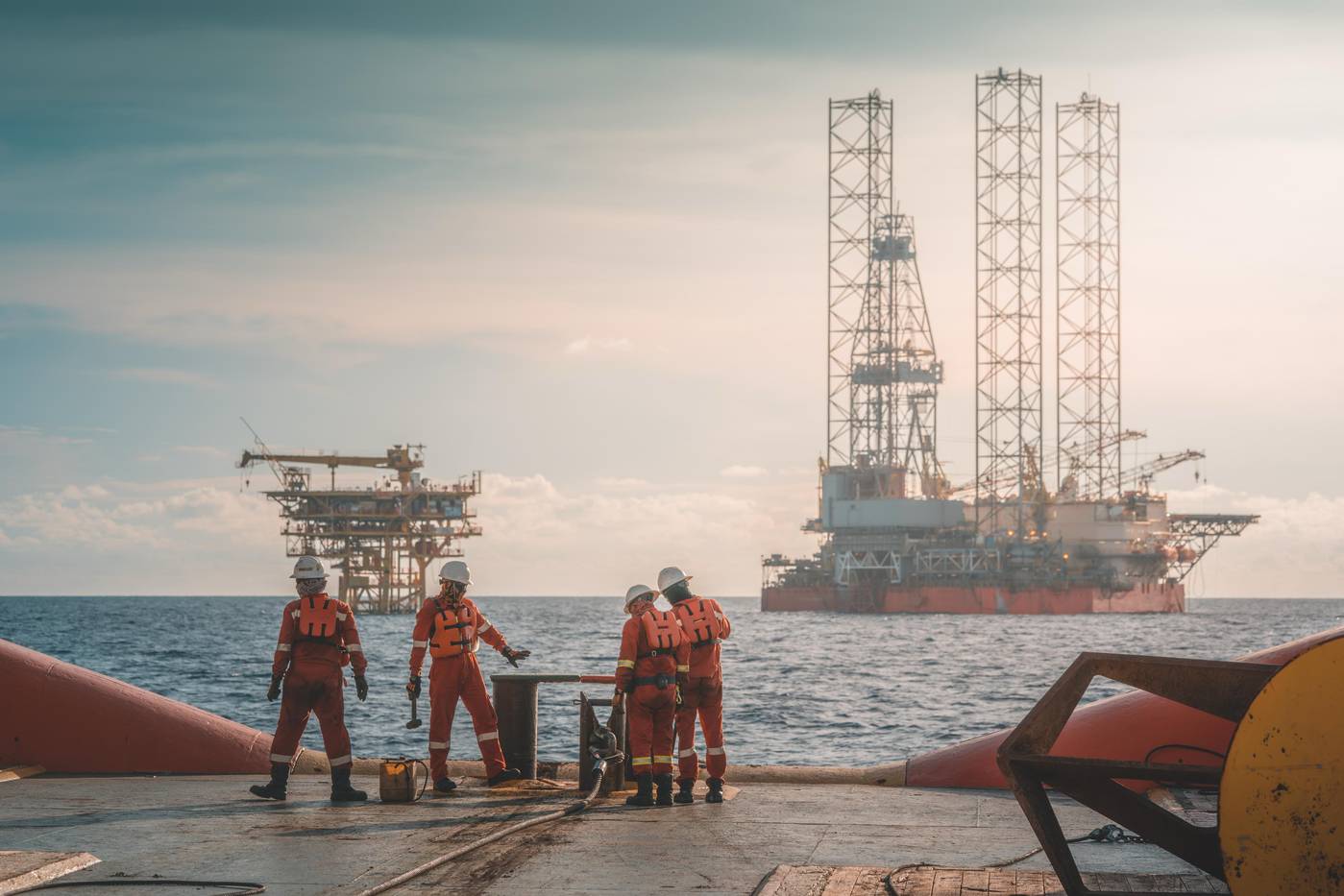IP Code Compliance: More than a Regulatory Formality, it Impacts Commercial Viability
By Maciej Jozwiak, Technical Manager, GLO Marine
With the International Code of Safety for Ships Carrying Industrial Personnel (IP Code) now in force under SOLAS Chapter XV, offshore vessel owners are facing new compliance challenges. This regulation applies to vessels carrying more than 12 industrial personnel and mandates stricter safety, stability, and fire protection measures.
For vessels already classed under the Special Purpose Ship (SPS) notation, transitioning to compliance is relatively straightforward. However, many offshore support vessels (OSVs), including Platform Supply Vessels (PSVs) and Construction Support Vessels (CSVs), were not initially designed to meet these standards. That is narrowing their operational profile and this step is not following the market trends. There is a huge demand for CSOVs that can be covered by mobilized for purpose PSVs. Such mobilization can be done by temporary installation of for example motion compensated gangways and accommodation units. Non compliant vessels require engineering modifications, safety system upgrades, and operational changes to obtain an Industrial Personnel Safety Certificate (IP Certificate)—a requirement for continued operation in offshore industrial projects.
The IP Code is more than just a regulatory formality; it directly affects a vessel’s commercial viability. Without proper compliance, OSVs risk losing contracts and being sidelined from the offshore market. To avoid operational disruptions, vessel owners must act quickly to evaluate compliance gaps and implement necessary modifications.

The Impact of the IP Code on OSV Owners
For OSV owners, meeting IP Code requirements means addressing several key challenges. Many vessels require structural reinforcements, new stability calculations, and upgrades to fire safety systems and life-saving appliances. Modifications must be carefully planned to align with the vessel’s dry-docking schedule to minimize downtime. In addition, vessel owners must navigate the certification process with classification societies like DNV, ABS, or Lloyd’s Register, ensuring that every change meets regulatory approval.
GLO Marine has been working closely with offshore vessel owners to simplify this transition, leveraging our expertise in marine engineering, regulatory compliance, and offshore vessel retrofits. We successfully conducted IP Code compliance assessments for two Norwegian PSVs, setting a clear path for their certification and operational readiness under the new regulations.
GLO Marine’s Experience: The Norwegian PSV Project
To assist an offshore vessel owner, GLO Marine performed comprehensive IP Code GAP analyses on two PSVs, assessing their structural, safety, and operational readiness. These vessels, not originally built under SPS notation, required a full compliance evaluation.
Through our extensive experience working with DNV on SPS class notation projects, we developed a structured compliance approach that covered structural modifications, fire safety requirements, damage stability assessments, and evacuation procedures. We analyzed the vessels' arrangements, escape routes, and fire protection measures to ensure they aligned with the IP Code’s personnel safety standards.
Following this assessment, we presented the vessel owner with two compliance options.
The first option involved limited modifications to meet basic compliance requirements while maintaining a lower personnel onboard (POB) capacity. The second, more extensive option ensured full compliance and allowed for a higher (POB), making the vessels more competitive in the offshore market. The owner opted for full compliance, requiring a combination of structural upgrades, safety system installations, and fire protection reinforcements.

Delivering Full IP Code Compliance: Engineering, Class Approval
With the compliance strategy finalized, GLO Marine took the lead in engineering the required modifications and obtaining classification approvals. The GLO Marine team carried out full engineering scope consisting of: structural integration of the new equipment, upgrade of the fire zones and main division, ensuring proper means of evacuation and personnel safety. Damage stability calculations were conducted to validate the vessels' watertight integrity under the IP Code’s stricter stability criteria.
Fire safety upgrades included installing new fire doors and improving onboard fire suppression systems to meet the latest regulatory standards. Additionally, we integrated new enclosed lifeboats and additional life rafts to accommodate the increased industrial personnel onboard, ensuring compliance with evacuation and survival capacity requirements. Muster stations were redesigned for better accessibility, improving emergency response efficiency.
Beyond technical modifications, GLO Marine managed the classification process, handling all interactions with DNV and the Flag Administration to obtain class approval for the vessels. We prepared and submitted all regulatory documentation, overseeing plan approval and surveys required for the issuance of the Industrial Personnel Safety Certificate (IP Certificate). By ensuring that the engineering work met classification requirements from the outset, we streamlined the approval process, avoiding delays and ensuring that the vessels remained on schedule for compliance.

Implementation Support: Supervision, Project Management & Riding Crews
GLO Marine’s role extended beyond engineering and assistance in classification process. To ensure that modifications were executed correctly, GLO Marine committed to supervising the implementation phase during the vessels’ planned dry-dockings. The GLO Marine team will oversee shipyard execution, ensuring that all engineering modifications are carried out according to the approved plans.
Additionally, we will provide project management and technical supervision, coordinating with shipyard teams and subcontractors to ensure that compliance work is completed on time and within budget.
A critical part of the retrofit process includes piping system overhauls and HVAC modifications, areas that require specialized expertise to integrate new fire safety and personnel accommodation requirements. To address this, we will deploy riding crews with expertise in piping and HVAC system upgrades, ensuring that all systems are fully aligned with the IP Code’s safety standards.
By staying involved throughout the entire compliance journey, GLO Marine ensures a seamless transition from engineering to execution, minimizing project risks and ensuring vessels meet regulatory deadlines.

GLO Marine: Your Partner for IP Code Compliance
With the IP Code now in effect, offshore vessel owners must take proactive steps to ensure compliance. GLO Marine provides end-to-end support, from the initial GAP analysis and engineering solutions to certification approvals and implementation supervision. Our expertise in SPS class notations, offshore vessel retrofits, and regulatory compliance ensures that our clients can navigate these new requirements efficiently.
Our experience with DNV and other classification societies, combined with our hands-on approach to supervision and project execution, makes us the ideal partner for OSV owners seeking a streamlined, cost-effective path to IP Code certification.
If your vessel needs to comply with SOLAS XV and the IP Code, now is the time to act. Contact GLO Marine today to discuss your compliance strategy and ensure that your vessel remains fully operational under the new regulations.

About the Author
Maciej Jóźwiak is the Technical and Green Transition Manager at GLO Marine.

